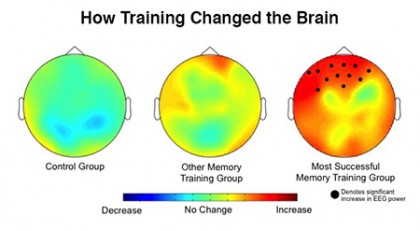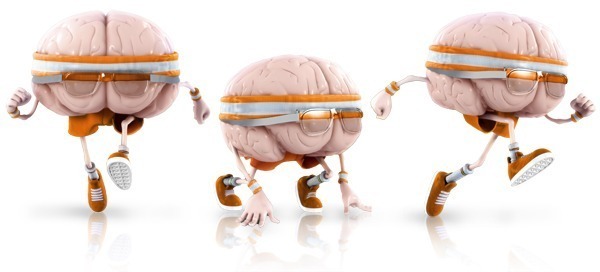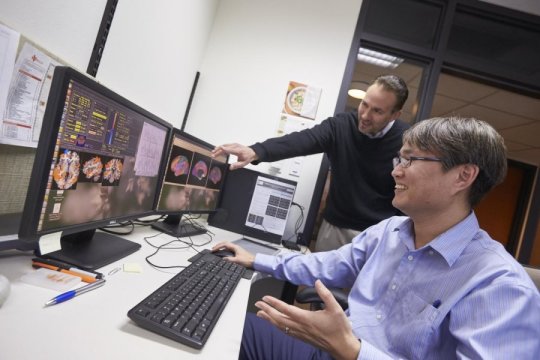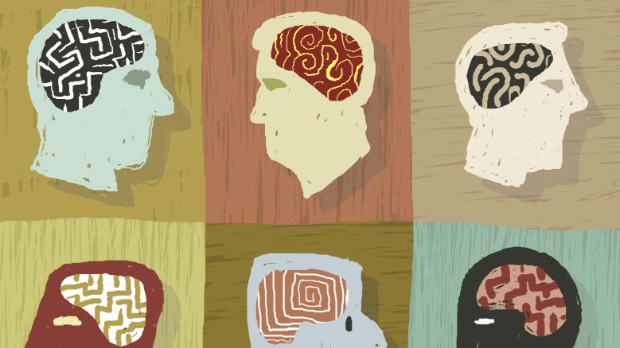Posts Tagged ‘Working-memory’
Study suggests the real deficit underlying Attention Deficit Disorders is not Attention, but Working Memory
______________________________ Many parents have observed that their child with ADHD stays attentive and engaged during ‘high interest’ activities, e.g., while playing video games, but has considerable problems staying focused on less inherently engaging tasks, e.g., doing schoolwork. This discrepancy in attention during preferred and non-preferred activities has led some to
Read MoreJohns Hopkins study shows how brain training, if correctly targeted, can enhance cognitive and brain performance
_________________________________________________________________ This training exercise boosts brain power, Johns Hopkins researchers say (Johns Hopkins release) “One of the two brain-training methods most scientists use in research is significantly better in improving memory and attention, Johns Hopkins University researchers found. It also results in more significant changes in brain activity.
Read More5 quick brain teasers to sharpen two key cognitive skills: attention and working memory
Looking for some fun–and free–cognitive stimulation over the weekend? Here you have a few quick brain teasers to challenge your attention and your working memory (working memory is the capacity to keep information in your mind while working on processing and integrating it) Please give them a try…they are not as easy as they may seem :-)
Read MoreUT Dallas researcher secures $2.7m grant to better monitor and address TBI-related cognitive and functional deficits
Scientist Gets Grant for Study of Veterans with Traumatic Brain Injuries (UT Dallas release): A researcher from the Center for BrainHealth at UT Dallas has been awarded a $2.7 million grant from the Department of Defense (DoD) under the Joint Warfighter Medical Research Program. The grant, awarded to Dr. Daniel Krawczyk, deputy director of the…
Read More5 ideas to help knowledge workers increase lifelong learning and productivity
—– Some apps aim to help you train specific brain functions, such as working memory. Others are meant to help you maintain specific skills, such as useful field of view for safe driving. But suppose you are reading a very insightful book and need to master some of its knowledge gems. What kind of app might you use?
Read MoreStudy: Wisdom requires both higher heart rate variability and adopting a third-person perspective
——- Many cultures consider the human heart to be the seat of wisdom. Now scientists are finding some evidence for this, though the reality may be more complicated than it seems. Previous research has suggested that higher heart rate variability (HRV)—the variability in the time between our heartbeats
Read More





